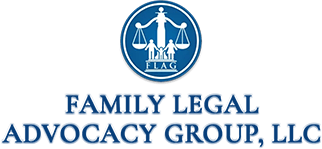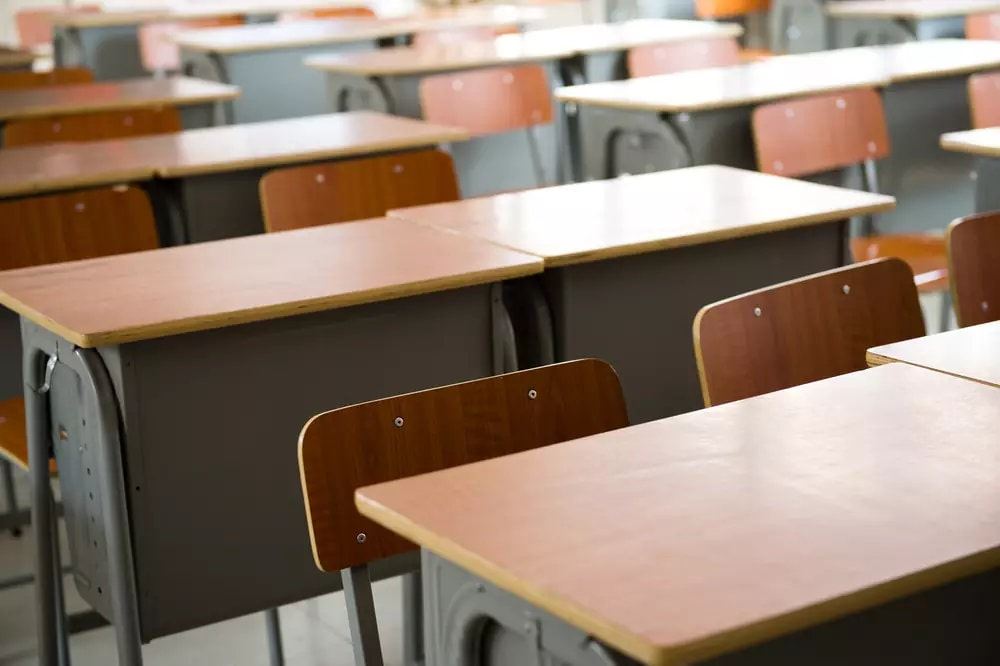When Andres, a child on the autism spectrum, was in first grade, he became upset in math class and, in frustration, broke his pencil. “That moment dictated his entire public school experience,” his mother, Anaya J., told Truthout. “He got overwhelmed, broke the pencil, and was quickly labeled as ‘dangerous.'” By the end of that academic year, six-year-old Andres had been suspended four times. The reasons? Refusing to do his work, became distracted in class, and kicking school personnel when they attempted to physically restrain him.
Anaya says that over the course of that year, she saw her son’s self-esteem plummet and knew that she needed to make a change — and quickly. She made countless phone calls, and after a great deal of bureaucratic wrangling, finally placed Andres in a private school that specialized in educating children with disabilities. “Andres was enrolled in a program that cost $80,000 a year — a fee I couldn’t pay myself,” Anaya said. “I had previously sued the Department of Education (DOE) to force them to pay for his schooling since the law requires them to do this if they can’t provide an appropriate public school placement for a particular student.”
For more than three years, Andres excelled in this program. Unfortunately, Andres’ education began to unravel when suddenly, without warning, his paraprofessional — or educational assistant — was removed from the classroom. She had been the person who helped Andres stay on track in class and helped him when he became dysregulated. “The process was not transparent,” Anaya says, “so I have no idea why the school did this. I could not get a real answer. The [paraprofessional] was essential to him. She was the stop-gap between him and his teachers. Once DOE pulled her, Andres had no support in school.” And once more, he began to flounder.
This time, Anaya decided to completely withdraw Andres from school and began to homeschool him in September 2017. Together, she and her son are now pursuing “unschooling,” a form of homeschooling that allows the child to determine what he or she will study and when.
Anaya understands that unschooling has countless critics, who question whether unschooled students can acquire the math, reading, and research skills — or even the disciplined work ethic — they’ll need as they come of age, but she dismisses these concerns. Andres is thriving, she says. He spends two full days a week in micro-schools — small, private, student-directed learning centers — for which she pays out of pocket, one of them run by a woman who is herself on the autism spectrum. Among other things, Anaya says, her now 11-year-old child is learning about himself. “He’s discovering that his behaviors are part of who he is and that he can function despite them,” she said. “Just yesterday, I heard him tell his brothers that he did not want to eat something because it would upset his sensory system. His self-awareness is phenomenal.”
Andres attends a weekly math class and has been to a computer coding camp and museum-run art classes. He’s also gone on numerous educational excursions with other homeschoolers. “I’m learning independence,” he said. “I like being able to decide what I want to learn.”
Although Anaya admits that “the concept of free choice can sometimes feel like an abyss to Andres,” she has seen him blossom since leaving school. For example, a few weeks ago, she noticed him watching a video on the scientific method. After viewing it, he decided to do an experiment, mixing yogurt with different fruits to see what color variations would emerge. He then watched a second video, this one on molecular biology, which he followed with a film on Max Planck, a German theoretical physicist who won a Nobel Prize in 1918.
“It somehow caught his eye,” Anaya, a fact-checker, editor, and researcher who works at home, explains. “He spent two-and-a-half hours reading about Planck and learned that his daughter had participated in the anti-Nazi resistance during World War II. Andres then wrote a paper, four single-spaced pages, about her work. He really enjoys typing, but on this particular day, one thing led to another, and he ended up learning a great deal about science, history, rebellion, and writing.”
Homeschooling is on the uptick
Andres is one of approximately 2.2 million US school-aged children, out of a total population of 49 million, who are currently being home- or unschooled. And their numbers are growing.
There are many reasons for this: Some parents choose to home-school/unschool for ideological reasons; for example, to insert a Biblical worldview into their child’s education, without ever enrolling their child in a public or private program. Others, however, are motivated by a desire to avoid relentless testing, rigid curricular demands, and the lack of freedom imposed by most public school educators. Still others, like Anaya, remove their kids from school as a last resort, once they conclude that schools are failing them. For these parents, home-schooling is the lesser of numerous evils: They fear what will happen if their child is subjected to repeated in-and-out-of-school suspensions or outright expulsion. Some worry that the bullying, racism, homophobia, and/or transphobia that their child has experienced will lead to suicide. For many parents and children, home-schooling/unschooling seems like a rational, responsible choice.


